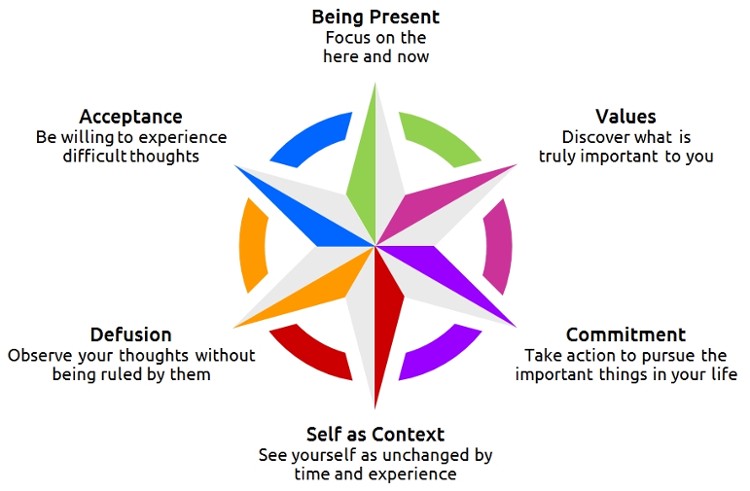Many of the Life After Series services, programs, and resources are based on Acceptance and Commitment Therapy (ACT). This approach has extensive research support for addressing a wide range of mental health problems including depression, anxiety, trauma, and compulsive behaviors. There have been over 800 randomized controlled trials demonstrating the positive effects of ACT. There are also dozens of research studies finding strong support for online ACT self-help programs.
The following research articles include specific findings on ACT as an effective treatment for unwanted pornography viewing as well as key research findings about problematic pornography viewing:
- Individuals were able to reduce their viewing of pornography on average over 90% after 12 sessions of Acceptance and Commitment Therapy.
Acceptance and Commitment Therapy as a Treatment for Problematic Internet Pornography Viewing (2010)
- First pilot study showing Acceptance and Commitment Therapy as an effective treatment for unwanted pornography viewing.
- Individuals reading a general Acceptance and Commitment Therapy (ACT) self-help book was effective at reducing unwanted pornography viewing.
- Most recent and comprehensive review of research on “sexual addiction” or compulsive sexual behaviors over the last 25 years. Highlights Acceptance and Commitment Therapy as one of the few treatments with research support.


